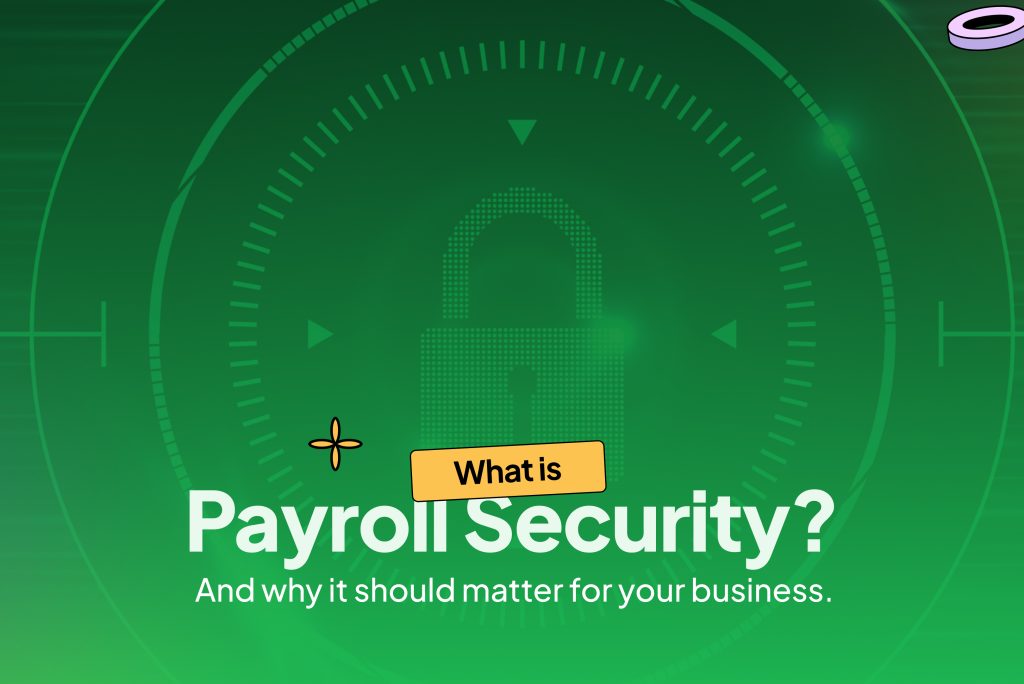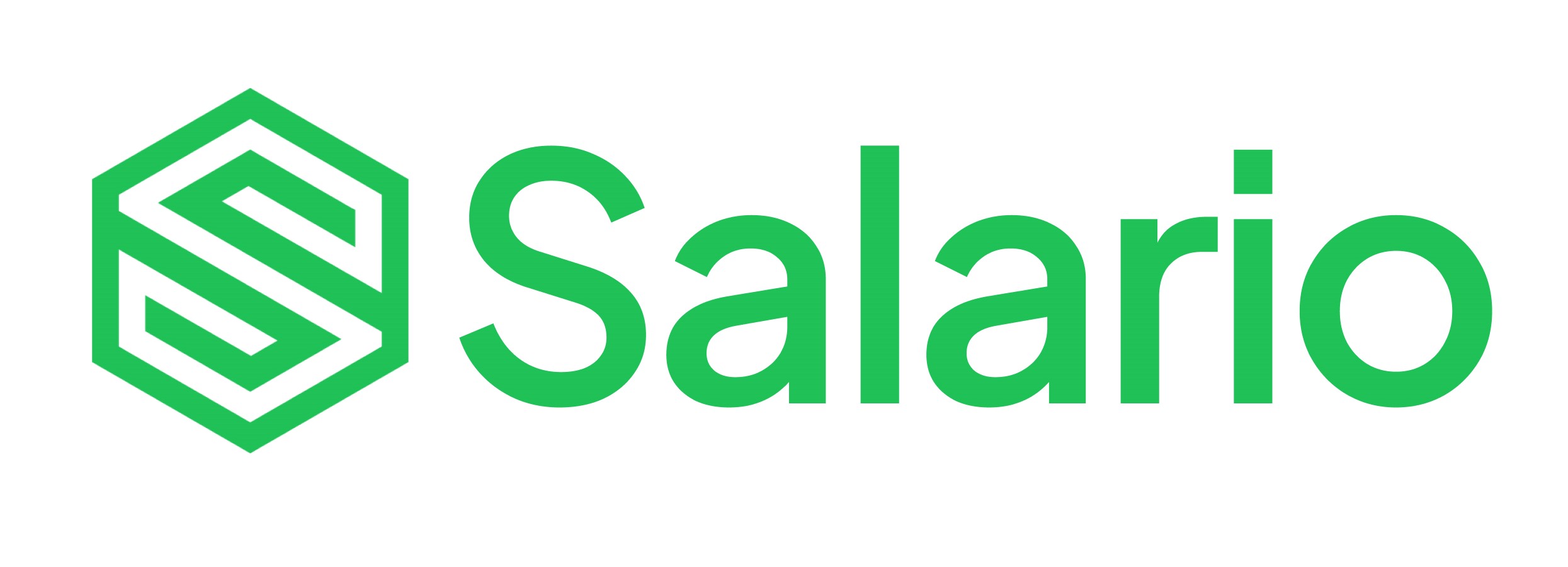
In today’s digital age, payroll processing has evolved from manual calculations to sophisticated automated systems. While this transformation has improved efficiency, it has also introduced new vulnerabilities. Payroll security is the practice of protecting sensitive employee and company data, ensuring that the payroll process is not compromised by fraud, errors, or cyber threats.
For businesses, payroll security is more than just a compliance requirement, it’s a critical component of protecting employee trust, organizational reputation, and financial stability. In this post, we’ll explore what payroll security entails, the risks of neglecting it, and why safeguarding payroll processes should be a priority for every business.
What is Payroll Security?
Payroll security refers to the measures and practices that organizations implement to protect payroll data and processes from unauthorized access, theft, and misuse. This encompasses both digital and physical safeguards to ensure that sensitive employee information, such as national identification numbers, bank verification numbers, bank account details and salary data remain confidential and secure.
A robust payroll security framework integrates technology, policies, and training to prevent internal fraud, cyberattacks, and compliance violations. It ensures that payroll processes run accurately without disruption, safeguarding both employee well-being and company assets.
Why Payroll Security Matters
Neglecting payroll security can have severe consequences for businesses. Here’s why payroll security should be a top priority:
1. Protection Against Financial Fraud
Payroll fraud is one of the most common types of fraud businesses face, with small and medium-sized enterprises (SMEs) particularly vulnerable. Fraud can occur in various forms, such as defalcation (payroll skimming), ghost employees, or unauthorized pay raises.
In one instance, a disgruntled employee manipulated payroll records to divert funds into a personal account. Without proper security measures, this fraud went unnoticed for months, resulting in significant financial losses.
2. Safeguarding Employee Trust
Employees trust their employers to handle payroll information with care. A data breach exposing sensitive employee details can damage trust, morale, and the organization’s reputation.

If an employee’s bank account information is leaked due to weak payroll security, the individual may face financial losses and emotional distress.
3. Compliance with Regulations
Payroll data often falls under strict data protection regulations, such as GDPR (General Data Protection Regulation) or Nigeria Data Protection Regulation (NDPR). Non-compliance with these regulations can result in hefty fines and legal action.
A company that fails to secure its payroll system and suffers a data breach may face regulatory penalties imposed by the Nigerian Data Protection Commission. Employees of such companies may also institute civil actions which further compound financial liabilities for such negligent companies.
4. Ensuring Business Continuity
Cyberattacks targeting payroll systems can disrupt business operations. Ransomware attacks, for example, can lock an organization out of its payroll system, delaying salary disbursements and affecting employee morale.
A ransomware attack on a payroll system caused a company to miss its payroll deadline, leading to employee dissatisfaction and operational setbacks.
Common Payroll Security Risks
Understanding the risks is the first step toward implementing effective payroll security measures. Here are some of the most common threats businesses face:
1. Cyberattacks
Hackers often target payroll systems to steal sensitive employee and financial data. Phishing attacks, ransomware, and malware are common tactics used to infiltrate payroll systems.

2. Internal Fraud
Disgruntled or dishonest employees with access to payroll systems can manipulate records, create fictitious employees, or embezzle funds.
3. Weak Passwords and Access Controls
Failing to enforce strong password policies or multi-factor authentication can leave payroll systems vulnerable to unauthorized access.
4. Human Error
Simple mistakes, such as sending payroll data to the wrong email address or failing to update software, can expose sensitive information to unauthorized parties.
5. Outdated Software
Using outdated or unsupported payroll software increases the risk of vulnerabilities that cybercriminals can exploit.
Best Practices for Payroll Security
To protect payroll systems from potential threats, businesses should implement the following best practices:
1. Use Secure Payroll Software
Invest in a reputable payroll software system with built-in security features, such as encryption, secure data storage, and multi-factor authentication. Modern payroll solutions, such as Salario, offer robust security features that minimize vulnerabilities.
2. Limit Access to Payroll Data
Restrict payroll system access to only those employees who need it for their roles. Implement role-based access controls to ensure that sensitive data is only available to authorized personnel.
3. Enforce Strong Password Policies
Require employees to use strong passwords for accessing payroll systems and Encourage the use of multi-factor authentication for an additional layer of security.
4. Regularly Update Software
Keep payroll software up-to-date with the latest security patches and updates. This ensures that known vulnerabilities are addressed promptly.
5. Train Employees on Security Practices
Educate employees about cybersecurity risks and best practices, such as identifying phishing attempts and safeguarding login credentials.
6. Conduct Regular Audits
Schedule periodic payroll audits to identify and address potential vulnerabilities. Audits can also help detect unusual activity, such as unauthorized access or data manipulation.
7. Backup Payroll Data Securely
Regularly back up payroll data to secure, offsite locations. This ensures that data can be restored quickly in the event of a ransomware attack or system failure.
The Role of Payroll Automation in Enhancing Security
Payroll automation plays a pivotal role in improving payroll security. Automated systems reduce human involvement in payroll processes, minimizing the risks associated with manual errors and internal fraud.

1. Data Encryption and Secure Storage
Modern payroll automation systems use encryption to protect sensitive data both in transit and at rest. This prevents unauthorized access to payroll information.
2. Audit Trails for Accountability
Automated systems maintain detailed audit trails, recording every action taken within the payroll system. These logs make it easier to identify unauthorized activity or errors.
3. Compliance Management
Payroll automation software is designed to comply with regulatory requirements, reducing the risk of penalties for non-compliance. A small business using an automated payroll system like Salario can rest assured that its payroll data is secure, compliant, and processed efficiently.
Conclusion
Payroll security is not just an IT concern, it’s a critical aspect of protecting your business, your employees, and your reputation. By investing in secure payroll systems and adopting best practices, businesses can minimize risks, ensure compliance, and foster a workplace built on trust and reliability.
For organizations seeking a secure, efficient payroll solution, Salario offers advanced features designed to enhance payroll security and streamline operations. Visit the Salario for more insights into payroll management and employee satisfaction. Make payroll security a priority today, and safeguard your business for the future.

This piece is a perfect blend of intellect and heart. The ideas you present are complex, but you navigate them with such ease that it feels like you’re inviting the reader to walk alongside you, step by step, through a maze of thought and emotion. It’s the kind of writing that challenges you and comforts you all at once.